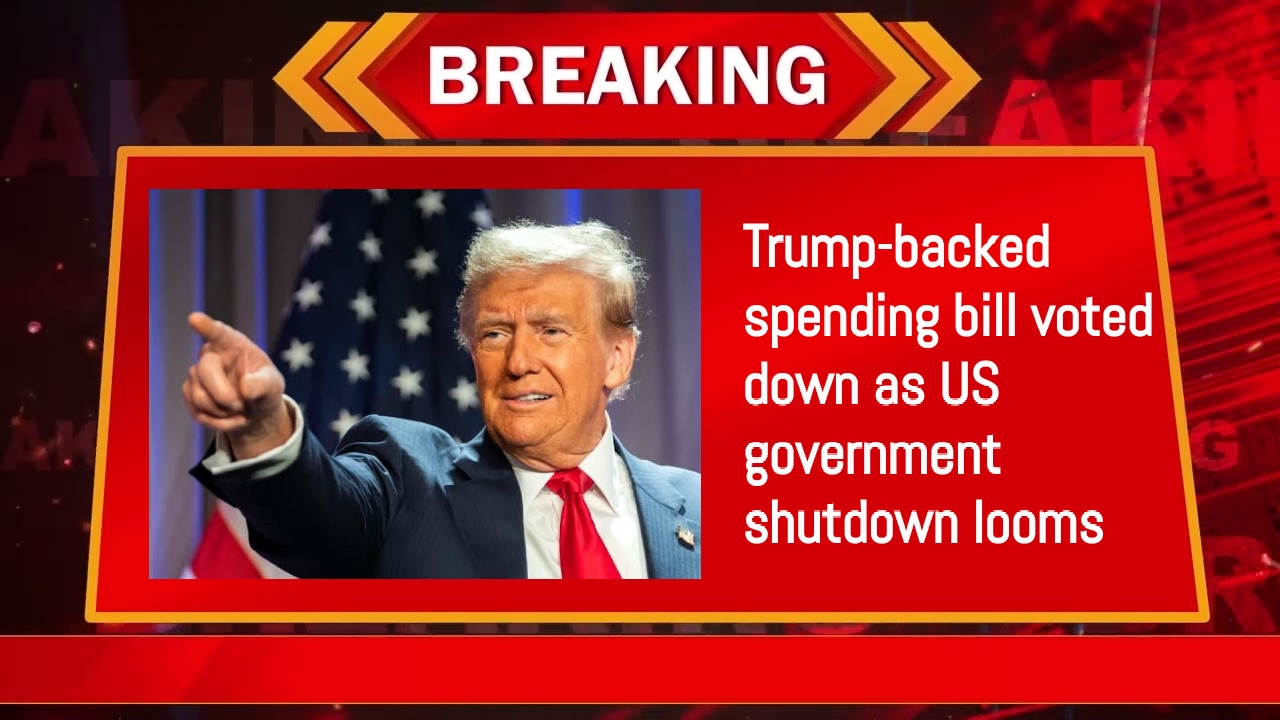Trump-Backed Bill Crushed in Congress as US Inches Closer to Government Shutdown
The US government is on the verge of shutting down after a spending bill supported by Donald Trump was rejected by the House of Representatives. Republicans joined Democrats in rejecting a new funding package, defying the president-elect.
Some federal services will start to shut down in the early hours of Friday if a compromise is not reached by midnight local time. Before the deadline, the House leadership of the Republican Party pledged to resolve the government funding stalemate.
Because of a 1980 law that essentially declared that spending cannot occur without a budget, government shutdowns are more common in the US than in most other countries.
Implications

This implies that the federal government will run out of funds if the US Congress, which is composed of the Senate and the House of Representatives, does not approve a budget. Non-essential services will then start to shut down, and many public employees will no longer receive their salaries.
Essential services, primarily those pertaining to public safety, are nevertheless provided, and employees are expected to report for duty without compensation. This typically include law enforcement, air traffic control, border security, hospital care, and power grid upkeep.
Non-essential services will be affected, including the food assistance program, federally sponsored preschool, student loan issuance, food inspections, and the opening of national parks.
38 Republicans voted against the most recent spending package on Thursday night, making it the second in as many days to fall short of the two-thirds majority required to pass the lower house of Congress.
This was in opposition to Trump, who the day before had blocked a prior cross-party funding agreement between Democrats and the Republican House leadership following harsh condemnation of the proposal from tech billionaire Elon Musk.
With dozens of postings on X, the social media site he owns, the Tesla creator, who Trump has charged with finding expenditure cuts by co-leading the Department of Government Efficiency (an unofficial government agency), vigorously agitated against the current agreement.


Comments are closed, but trackbacks and pingbacks are open.